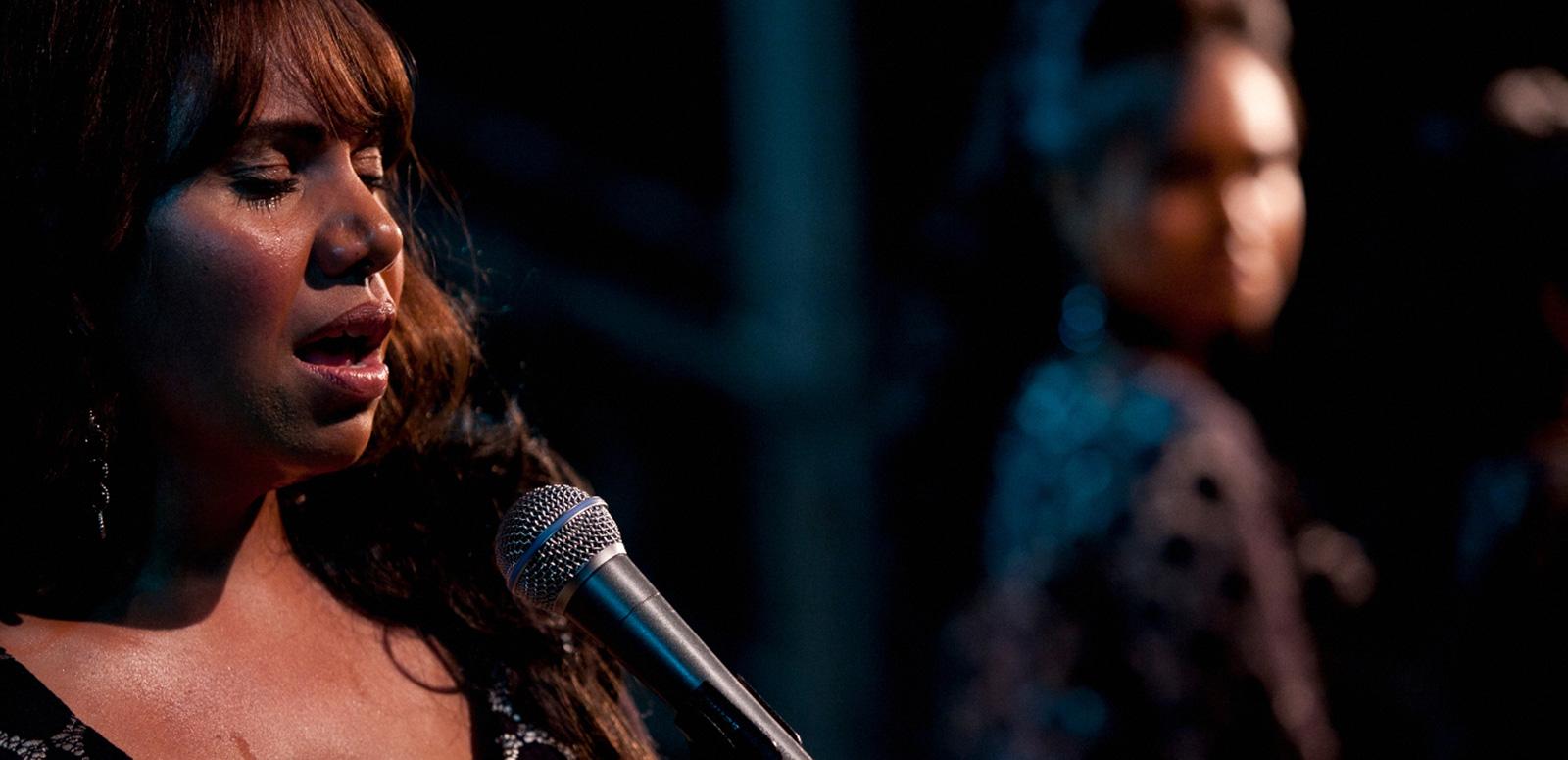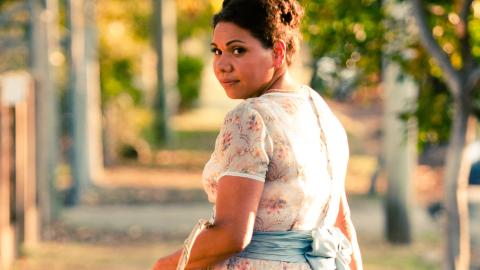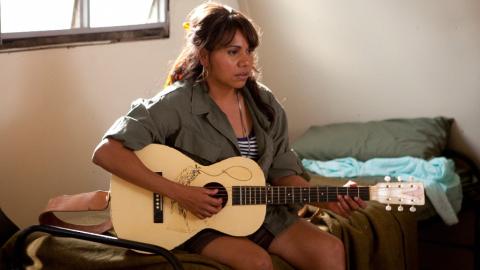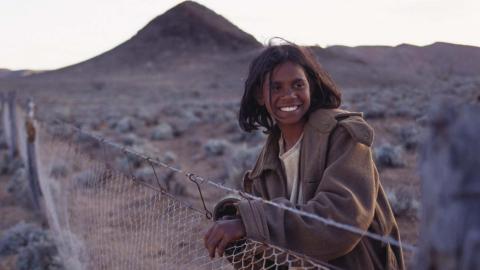Guest writer Sara Khan reflects on how actor Deborah Mailman helped shape and influence her own body of work as a young First Nations creative.
WARNING: this article may contain names, images or voices of deceased Aboriginal and Torres Strait Islander people.




